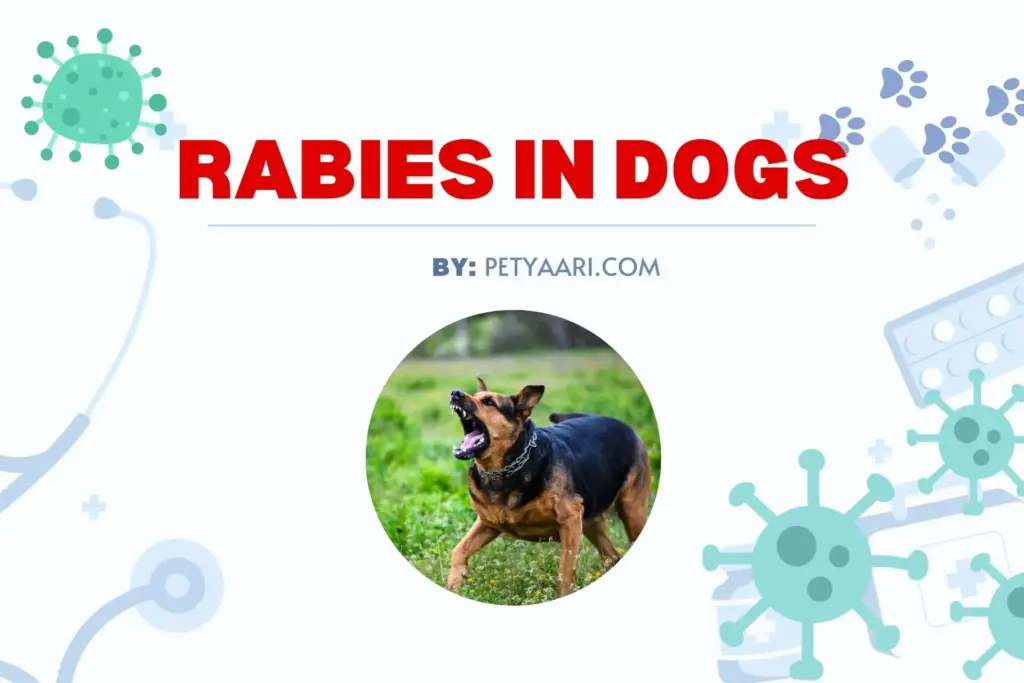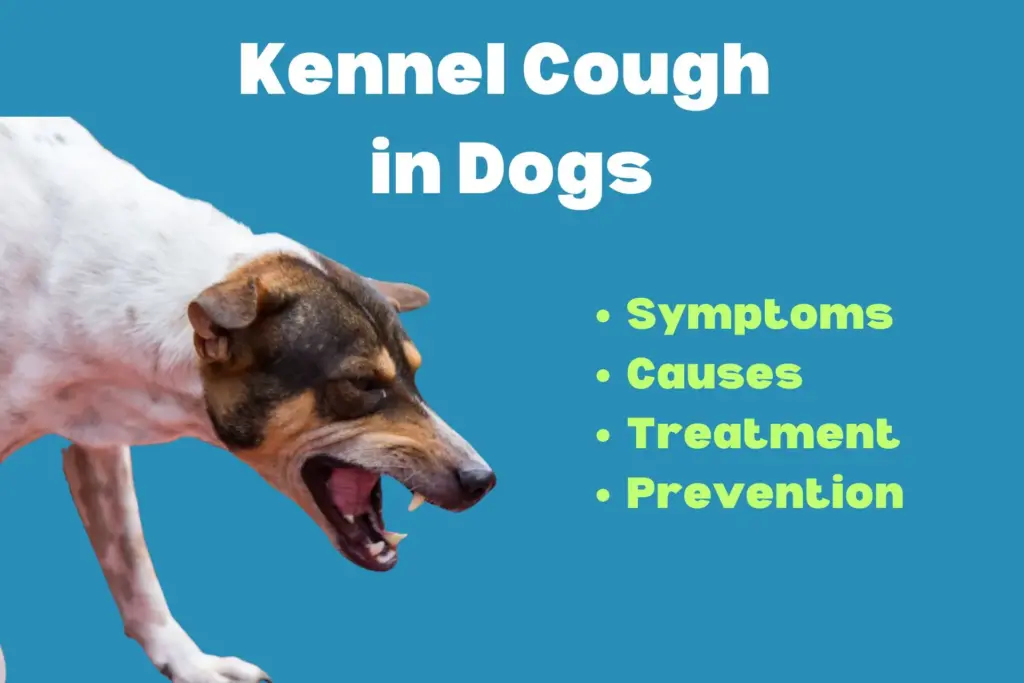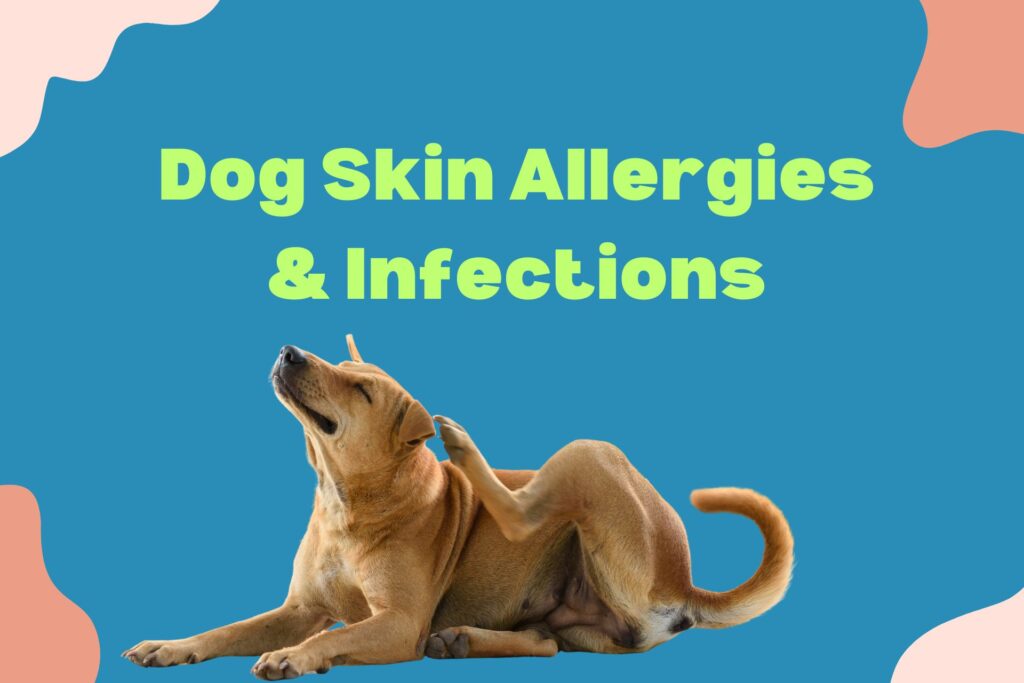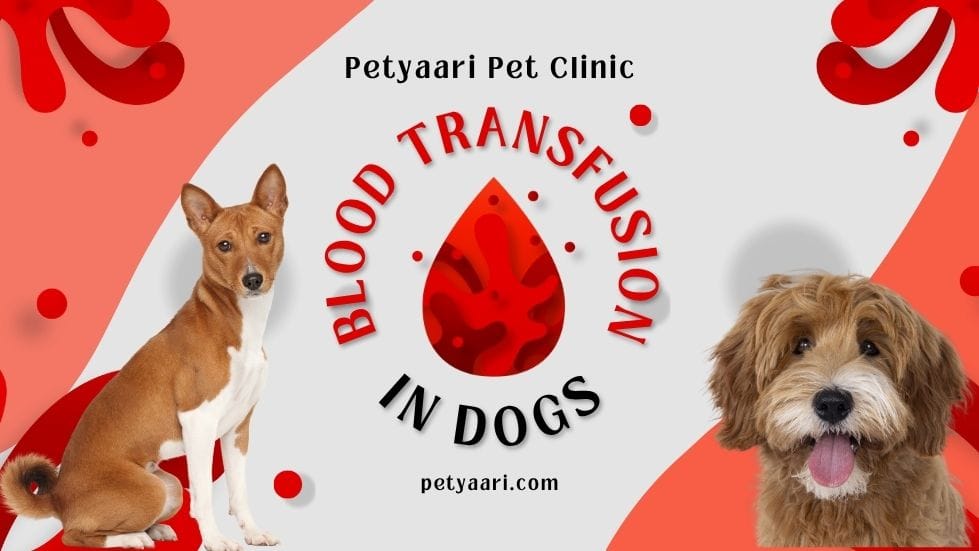Travelling with Pets in India: Train and Car Journey Safety
1. Introduction People in India are choosing to travel with their pets. In the past few years, pet travel has become very popular across the …
1. Introduction People in India are choosing to travel with their pets. In the past few years, pet travel has become very popular across the …

Introduction Did you notice reduced platelets in your dog’s CBP (complete blood picture)? Platelets are needed for the clotting mechanism. Platelets also help to keep ...

Bangalore, a bustling hub of innovation and culture, is also a haven for pet lovers, with a plethora of top-tier veterinary clinics dedicated to ensuring ...

Introduction Rabies is a deadly viral disease that poses a significant threat to dogs and humans. In India, where stray dogs are a primary source ...

Hey, dog lovers! Picture this: you’re in Habsiguda, Hyderabad, enjoying some chai, and your dog, maybe a Labrador like Simba, starts acting weird. He’s puking, ...

Hey there, dog lovers in Hyderabad! If you’ve ever heard your furry friend coughing like they swallowed a squeaky toy, you might be dealing with ...

Is your dog constantly scratching, losing fur, or suffering from red, irritated skin? You’re not alone, over 35% of dogs face skin allergies or infections ...

A blood transfusion can be a vital lifeline for your dog in critical situations like tick fever, traumatic blood loss, or autoimmune diseases. At Petyaari Pet Clinic, we specialise in emergency canine transfusions. We use advanced blood typing and crossmatching to ensure safe and compatible donations from our screened canine blood bank. Dogs have over 12 blood types, unlike humans. This makes precise matching crucial to avoid dangerous reactions. If your dog has tick-borne illnesses like Ehrlichia or Babesia, is recovering from surgery, or battling IMHA, our transfusion service is here to help. We combine cutting-edge veterinary haematology with compassionate care. Be alert for signs like pale gums, weakness, or rapid breathing. Acting quickly can make a big difference. With the right treatment, most dogs can recover fully. In emergencies, every drop of blood truly counts. Trust Petyaari to provide the expert care your pet needs when it matters most.

Feline Immunodeficiency Virus (FIV) is a serious but manageable condition that weakens a cat's immune system, similar to HIV in humans. While there's no cure, early detection and proper care can help infected cats live long, happy lives. FIV primarily spreads through deep bite wounds, making outdoor and unneutered male cats most at risk. Symptoms may include fever, lethargy, weight loss, and recurring infections; however, many cats exhibit no signs for years. Diagnosis involves simple blood tests, and management focuses on preventing secondary infections through regular vet check-ups, a balanced diet, and keeping cats indoors. FIV cannot spread to humans or other pets through casual contact. At Petyaari Pet Clinic, we provide comprehensive FIV testing, treatment, and guidance to help your feline companion thrive. With proper care, FIV-positive cats can enjoy a good quality of life for many years.

Tick-borne diseases (TBDs) like Ehrlichiosis, Babesiosis, and Anaplasmosis are a silent epidemic affecting millions of dogs across India, with mortality rates reaching 40% during outbreaks. Spread primarily by the brown dog tick, these diseases thrive in India’s warm, humid climate and dense urban dog populations. Symptoms like fever, tiredness, anemia, pale gums and neurological problems are often noticed. Prevention is key. Use vet-recommended tick preventatives like collars, spot-ons, or chewables. Also, do daily tick checks and keep areas clean. If detected early, TBDs are treatable with antibiotics (e.g., doxycycline) or antiprotozoal drugs. At PetYaari Pet Clinic, we emphasise year-round vigilance, especially in high-risk cities like Mumbai, Delhi, and Hyderabad. Protect your dog, schedule regular vet check-ups and act fast at the first sign of illness. Together, we can combat this preventable threat.